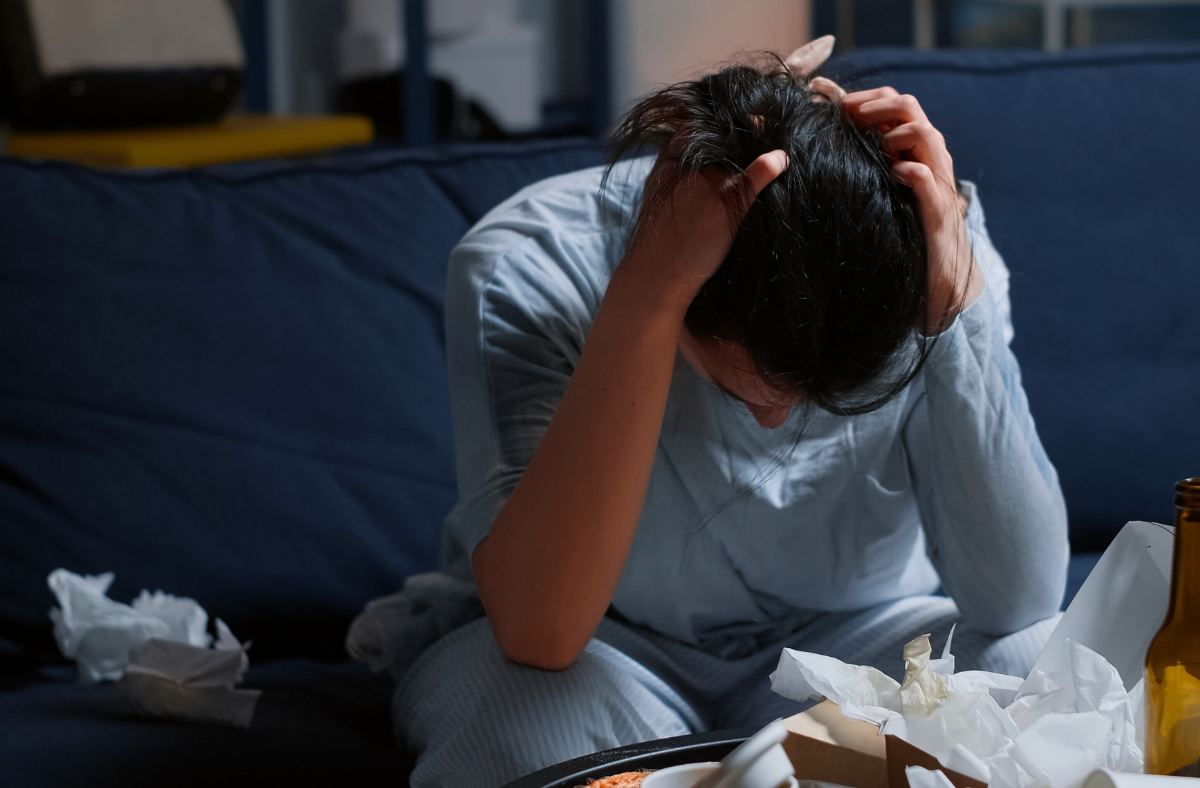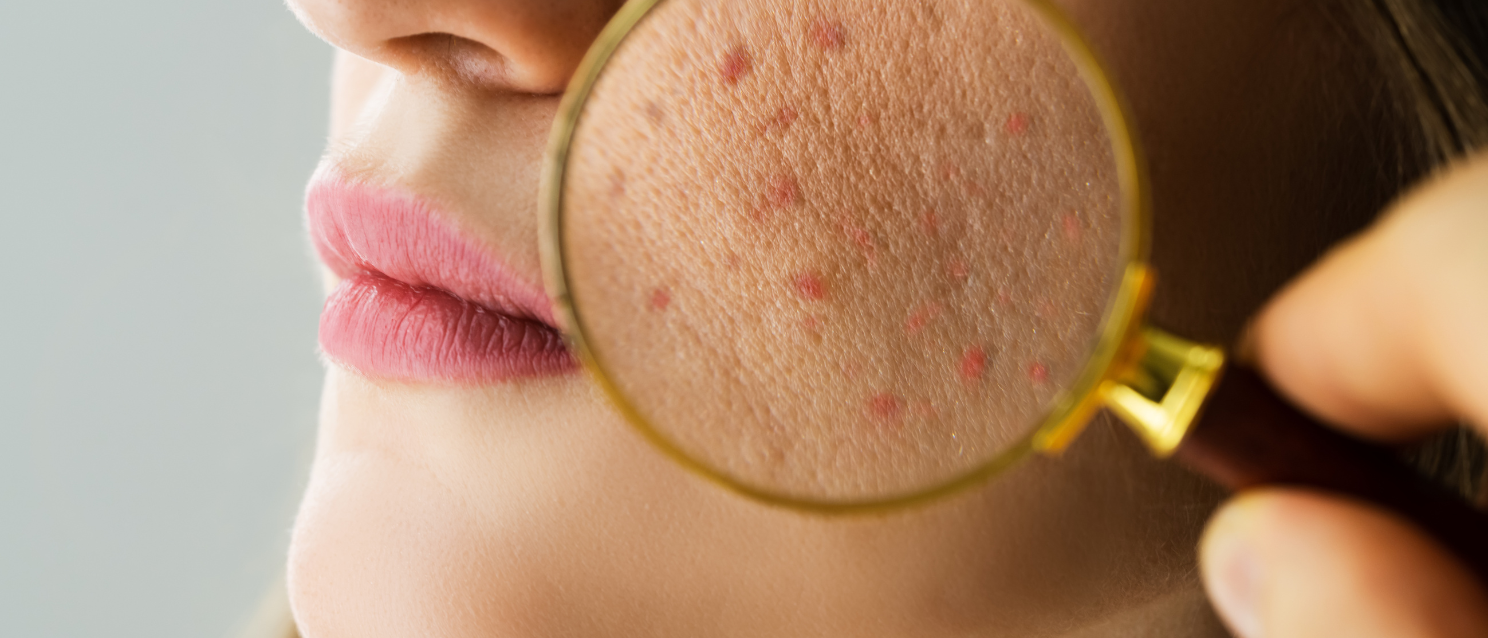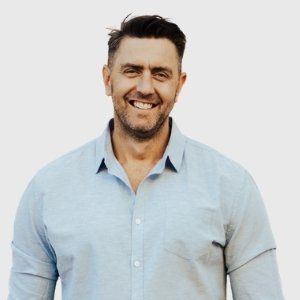How to talk to your Oncologist about Cancer and Treatment Options
As with any profession, there are people that are naturally gifted with the interpersonal skills to be an exceptional practitioner, and there are people not gifted with these skills, but they may be technically brilliant.
I’ve met many people that have degrees and qualifications up to their eyeballs yet fail to be effective practitioners because all that information doesn’t get effectively communicated to the patient to motivate and inspire them to make the necessary changes in their life to bring about healing.
At the end of the day, you are the one who is going to have the most important role in your health and healing through your cancer journey. Your choices matter, and to be able to make the best choices, you need to have as much information as possible. This is why being able to effectively communicate with your oncologist is so important.
My tips for building a good working relationship with your oncologist:
- Remember you are going to be working with this individual for the next 2-5 years, so you want to begin by building rapport and developing an effective therapeutic relationship with them.
- Stay curious, don’t be afraid to ask questions, and don’t stop asking until you fully understand. This is your life at stake, and you take as long as you need to feel completely satisfied with the answers provided.
- Seek second and third opinions from other oncologists/specialists to get different perspectives and options, and to find out who you can best work with.
- Some oncologists may have a bias towards specific treatments for various reasons. Even though bias shouldn’t exist in science, it does, so remember to ask about ALL the treatment options available including any clinical trials that are currently running for your specific cancer and if you are eligible for them.
- Be prepared with a list of questions or concerns to discuss so that you make the most of the time you have with them.
Within the guide
Your Oncologist is not your Enemy
I have laid out 15 questions to ask so that you can make the most informed choice in your treatment options. I do hope it proves helpful for you. If it does, I'd love to hear your feedback!
There is no Magic Pill
I often get people coming to see me searching for the magic pill - that one treatment, herbal medicine or protocol that will guarantee a cure. It’s understandable, when facing something as scary as a cancer diagnosis, we want to know how to “fix” it, but the truth is there isn’t a magic pill. To get through this, you’ll need to take the Oncologist seriously and you’ll also need to look at more than just taking the standard oncological treatments if you want better than the standard statistical outcomes.
My approach is to look at you, as the individual who has cancer, and what YOU can do to improve your chances of positive results. This may include a methionine restrictive diet that has been shown to weaken cancer cells to make traditional oncological treatments more effective. It may include nutritional supplementation, counselling, meditation, or a range of other therapies. To find out more about how I can help you on your cancer journey book an appointment here or download my free Guide to Integrative Oncological Care. Download
Edward Enever
Adv.Dip. (Nat)
Edward's main area of interest is in chronic disease, particularly people with a diagnosis of cancer. After defeating cancer three times, Edward now uses his skills and experience to guide patients through their journey with cancer and other chronic illnesses.









